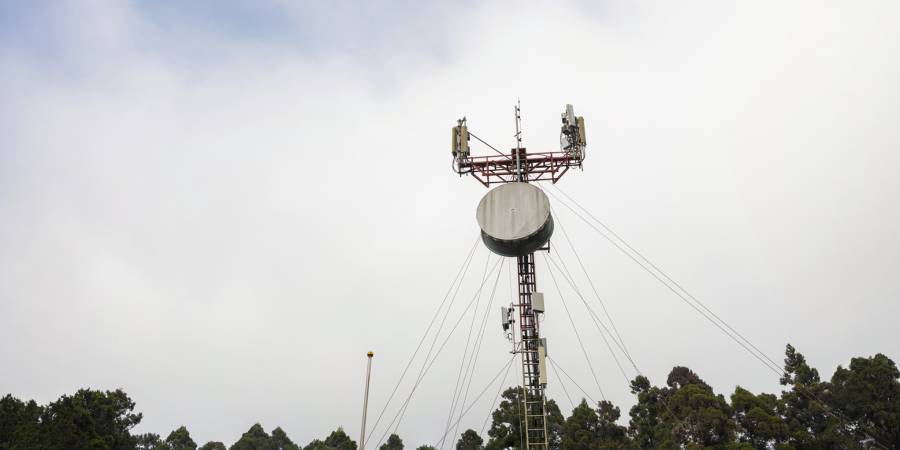Vietnam’s requirement for data to be stored locally has led to a high demand that local data center operators are struggling to meet. As a result, Vietnam has decided to allow foreign investors to own data centers in the country.
This policy change, while significant, was somewhat expected due to the Cybersecurity Law in Vietnam, which mandates data to be kept within the country.
Telecom Review Asia Industry Analysis: Vietnam’s E-Commerce Revolution: Telecom Infrastructure Paves the Way
Companies like Facebook and Google have opposed data localization requirements. Some countries are monitoring Vietnam’s compliance with trade agreements that prohibit data localization. While the rules on data localization may remain the same, storing data locally can increase operational costs for companies. Local data centers may also struggle to meet international standards relating to data security and privacy.
The recent Law on Telecommunications may help alleviate some of these challenges. There are no longer restrictions on foreign ownership for data and cloud providers, and they are exempt from licensing requirements.
Also Read: High Cyberthreat Levels Plague Vietnam Firms, Leading Southeast Asia
Despite not being pleased with the situation, Vietnam is likely to see an influx of international investment in cloud computing and data centers due to the rapid growth in data demand. However, these companies will still need to comply with data localization requirements and may have to block content if requested by government agencies.
Another positive development is the introduction of direct power purchase agreements (DPPAs) by the government, allowing companies to buy renewable energy privately instead of from the state utility.
Read More: STT GDC, VNG Team Up for Data Center Development in Vietnam







